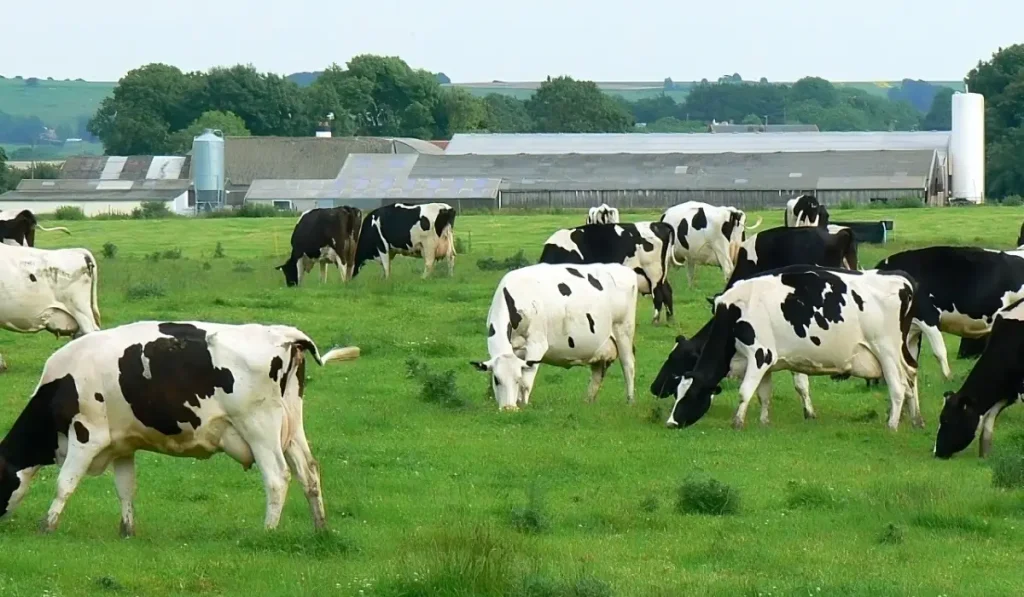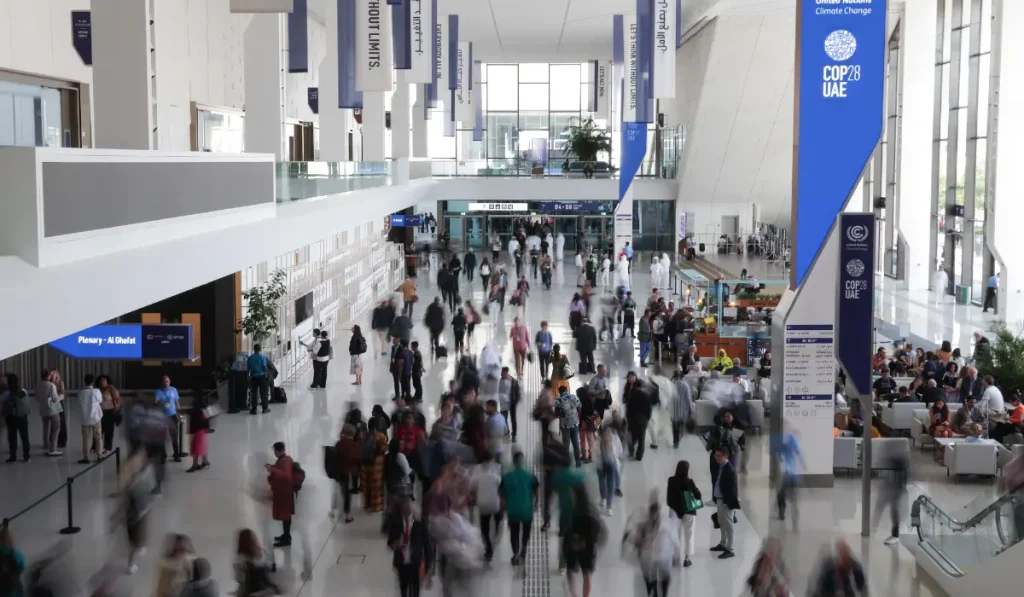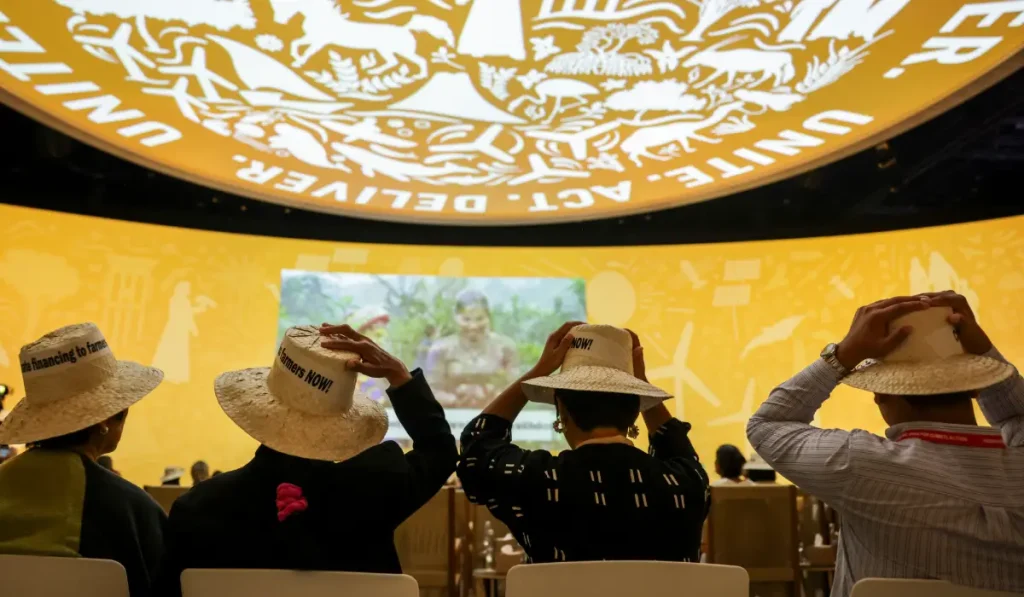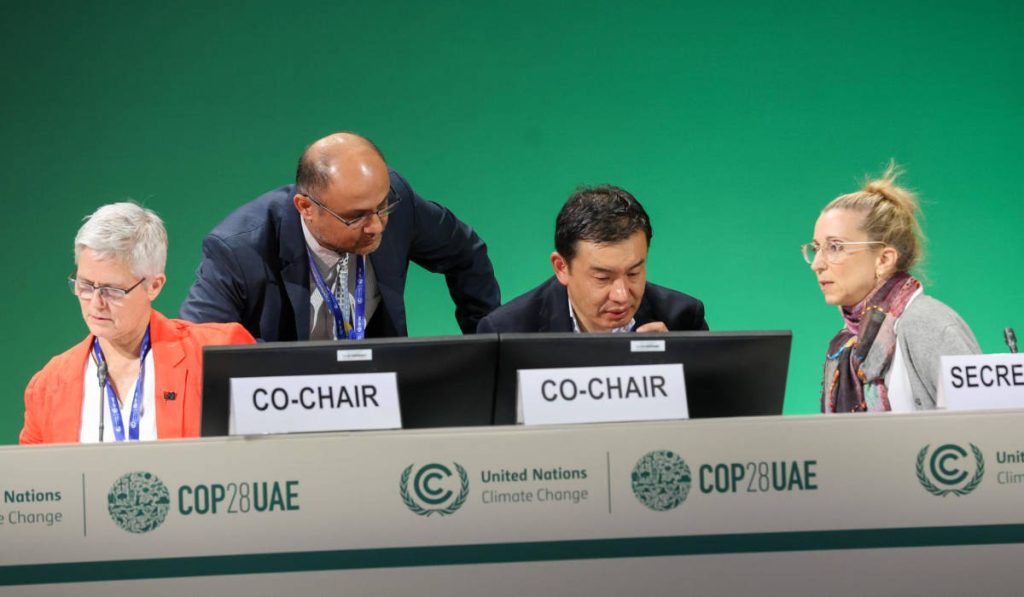Speaking at the launch of the IPCC’s final publication of its Sixth Assessment Report, UN Secretary General António Guterres has called on leaders of developed countries to commit to reaching net zero as close as possible to 2040. Several countries have already done this, he pointed out, with some having targets as early as 2035. He also encouraged emerging economies to achieve net zero emissions by 2050.
This would be a significant shifting of the goal posts, at least by a decade insofar as the Paris Agreement’s timelines are concerned. The US and the EU are currently aiming for net zero by 2050, while China is targeting 2060 and India is looking towards 2070. The International response to Guterres was muted at a Senior Climate Ministerial Meeting in Copenhagen held soon afterwards. Speaking at the end of the meeting Egypt’s foreign minister Sameh Shoukry stated that there was no “specific answer to the aspirational goals” set out by Guterres. “These goals will be, I’m sure, addressed within the national context and within the national abilities.” Climate minister, Dan Jørgensen, said Denmark had recently brought forward its net zero target to 2045, and was seeking to capture more carbon than it emitted by 2050. Germany is also targeting net zero by 2045 and Finland has said it wants to achieve net zero by 2035.
To achieve net zero, Guterres underscored that greater climate ambition could be achieved by phasing out coal by 2030 in OECD (primarily developed) countries, and by 2040 in all other countries, achieving net zero electricity generation by 2035 in all developed countries and 2040 in the rest of the world; ending all licensing, funding or expansion of new oil and gas projects; and shifting subsidies from fossil fuels to a just clean energy transition.





